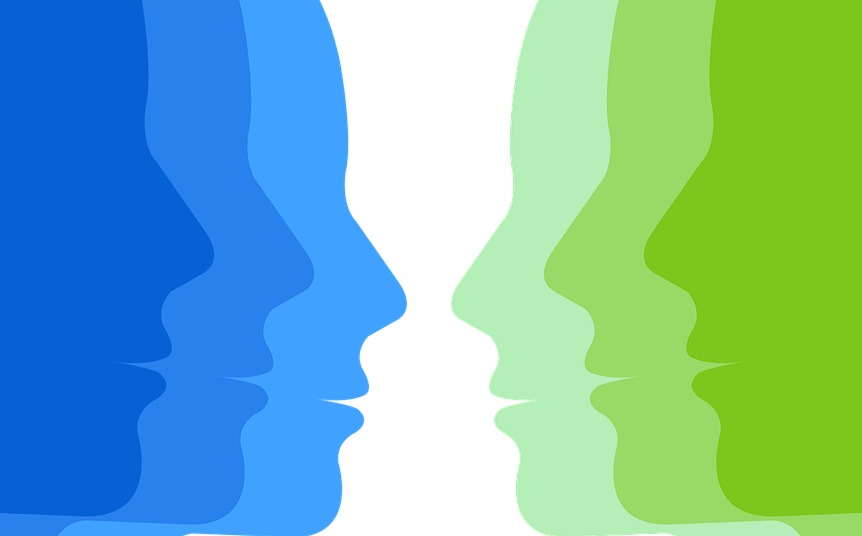I am, and always have been, positive about intergenerational connections, collaboration, living, learning, working, etc. A big component of our business is about helping organizations take advantage of their multi-generational workforces by turning them into productive, intergenerational teams. What I find disheartening is that we need a national day (Intergenerational Day) dedicated to raising awareness about the benefits of connecting across generations.
As a culture, we have become so age-siloed (new word) that we typically don’t have as many connections with those who are differently aged as us. In fact, some research shows that cities are becoming divided by age. It’s a strange evolution of behaviour when you consider that grandparents today are spending far more time with grandchildren than previous generations. Could it be because grandparents are living longer, healthier lives?
The American Association for Retired People (AARP) also has research to show that grandparents contribute quite a bit financially to their grandchildren. The multigenerational divide seems to happen when we move beyond familial relationships and the generations in between.
The problem doesn’t belong to any one generation. We have all grown up in a youth-obsessed culture where the experience and wisdom of an older generation aren’t valued and where media and tv images of the young reign supreme. These images accentuate the advantages of being young and youthful and view ageing as a disease to be conquered.
There is, however, a shift in the media industry; a slow and steady shift that is moving towards representing an older demographic in more positive ways. It makes sense. After all, which generation dominates demographically and which generation holds the purse strings?
When working recently with a youth council in Kuujjuaq, the youth invited an “elder” as a full participant of the group. It was unheard of to not to do so. When questions arose, young people often turned to the elder to ask for their advice. It was natural and normal, respectful with the understanding that longer life means more experience. This belief is venerated in many indigenous cultures. When did we (westerners) begin to move away from seeing experience as an advantage?
Research has proven that children who have had exposure to grandparents and other older relatives tend to have a more favourable view of ageing than those who had little connection with older adults. Other findings show: involved grandparents remain more mentally sharp; grandchildren learn first-hand the historical perspective about how things worked and how lives were lived in the past; and both older and younger benefit from more stable, emotional relationships with reduced depressive symptoms. Intergenerational relationships are a win-win in the personal and professional realms. It’s a shame these realities are not as well-known or recognized as they might be.
Interestingly, the Encore movement in the US has been focused on these intergenerational relationships for many years. The interventions of older adults as volunteers in the lives of younger school children has been proven to show positive gains for kids academically and behaviorally. For older adults, these connections have given them purpose and meaning.
Intergenerational Day in Canada is a novelty but it might encourage future positive interactions among all generations. I am genuinely looking forward to participating with Connected Canadians at Qlik from 10-12 on Saturday, June 1st. If you are interested in learning some digital literacy skills or finding out about the Top Sixty Over Sixty, join us from 10-12 at Qlik, 290 March Road, Kanata. Bring your digital devices to get the help you need and check out the iGen events portal to find other interesting opportunities.
I hope these new intergenerational interactions will provide the impetus to value all generations more equitably.


0 Comments